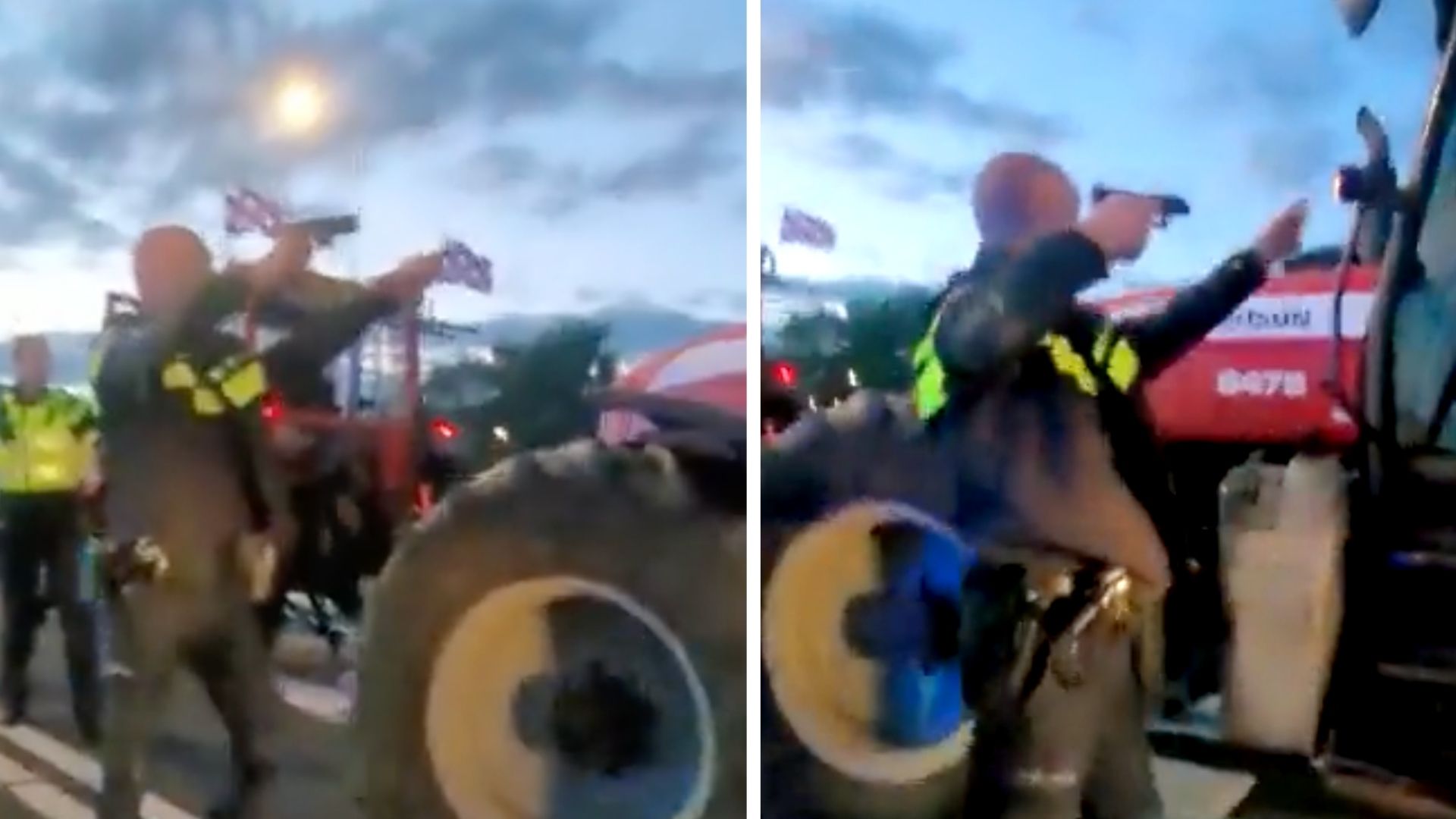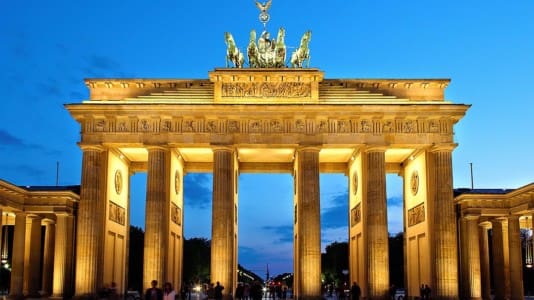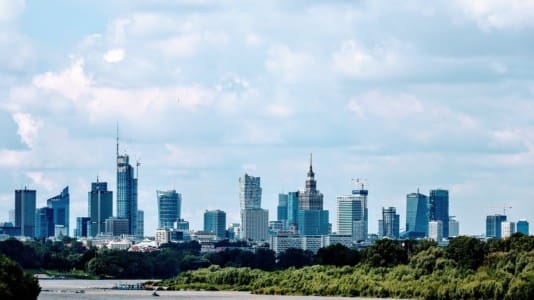The Dutch government, pursuing its climate and environmental policy of reducing the emission of nitrogen, is squeezing agricultural production with agricultural targets farmers argue are impossible to meet. These measures come on top of other policies that have affected the sector, such as a ban on fur farming.
According to Monika Przeworska, the director of Poland’s Agriculture Institute, Poland needs to take careful note of what is happening in the West. She argues that Poles need to be aware that what happens in the West is often later transferred eastward as official EU policy. Przeworska told Polish Catholic broadcaster Radio Maryja that the Dutch government is treating farmers like “terrorists.”
Reports from the protests seem to bear this out, as footage shows shots being fired in the direction of the tractors. In a tweet, Przeworska vented her anger at the treatment of Dutch farmers.
“Shooting at tractors of protesting farmers in the Netherlands represents a new level reached by Western democracy,” she posted.
The head of the Agriculture Institute argues that it is worth looking at what is happening to Polish agriculture. On the one hand, as a result of the war in Ukraine, there is talk of strengthening food security and farmers are being persuaded to increase production despite rising costs. However, at the same time, there is a trend to reduce production for environmental and climate reasons, with the EU’s “Green Deal” deepening the crisis in food production and processing.
The Dutch government’s unfriendly policies toward farmers may spring from the shortage of land for the construction of housing, infrastructure and industry. Now, the government argues that the land farmers own is needed for other things.
Climate protection policies are a useful tool for the Dutch government to create a pretext for reducing the size of the country’s agricultural sector. An estimated 30 percent of farmers are expected to lose their livelihood, but that will not be the end of it. The Dutch government seems to believe that agriculture is not essential and that food can be imported from abroad. It is this attitude that has spawned the mass protests, including the blockades of distribution centers, which have, in turn, led to shortages in shops — all to demonstrate to the public what can happen when there is no local food provider.
On Monday, farmers blockaded 20 distribution centers and highways. As a result, there were empty food shelves in the shops on Tuesday, with shortages of bread, dairy, fruits, and vegetables.





